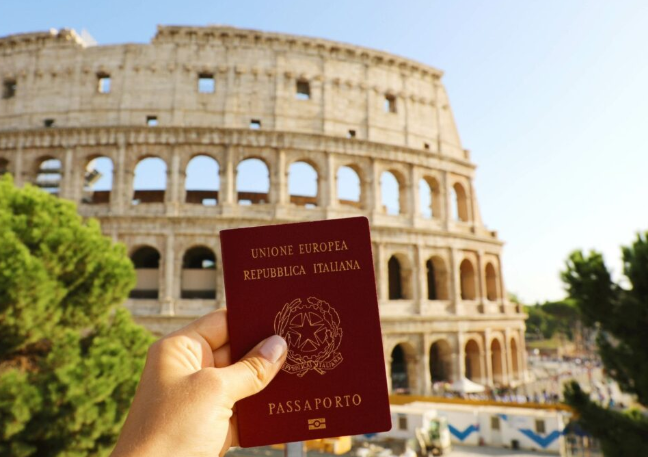
Want a Second Passport? Here’s What You Need to Know
Do you think about providing yourself with new possibilities through travel, work, or for your heritage? You are not alone. Many consider Italy dual citizenship and some benefits go far beyond travel advantages. In this guide, I will share why these matters, how it works, and what you can do to get started. It’s easy to be overwhelmed, but there is no need to worry- I will keep it high-level, simple, clear, and accurate. Make it to the end. There is a bonus and helpful suggestion to make the process easier.
Why Italian Citizenship Is a Big Deal
Let’s be honest. Italy is amazing. From the food and culture to the laid-back lifestyle, what’s not to love? But dual citizenship isn’t just about vacations.
Here’s what you get:
- A second passport (hello, visa-free travel)
- The right to live, work, and study anywhere in the EU
- Access to healthcare and education in Europe
- A legacy to pass on to your kids
It’s not just for retirees or history buffs. It’s for anyone who wants more choices in life.
The Problem: It Feels Too Complicated
I get it. Sifting through old family history records or looking through foreign paperwork can feel daunting and make us feel like the effort is hardly worth it- swimming upstream! The truth is, yes, there is a process, but it can be done. You don’t need to speak Italian. Thousands of people apply every year—and many succeed. The key is understanding which path fits you best.
Your Main Options (Made Simple)
There are three common ways to get Italian citizenship:
1. By Descent (Jure Sanguinis)
This is the most popular path. You don’t need to have taken residence in Italy. You qualify if your parents, grandparents, or great-grandparents were born in Italy and never naturalized.
For example, if your great-grandfather was an Italian citizen, and your grandfather was born before he became a US citizen- you may qualify.
2. By Marriage
Married to an Italian citizen? You could apply after a certain number of years, especially if you live in Italy.
3. By Residency
You might qualify if you’ve lived in Italy legally for a while. This one usually takes longer, though.
Real People Are Doing It—So Can You
I know someone—let’s call her Anna—who applied through her grandfather. She didn’t speak Italian and had never been to Italy. With some help, she gathered the proper documents and applied. A couple of years later, she was holding her Italian passport and planning a trip to Tuscany.
The point is that you don’t need to do this alone. Some teams specialize in this process and make it way easier.
Take the First Step
If having dual citizenship sparks your interest, don’t wait. Review your family history, gather documents, and learn more about your options.
And if you need help, check out itamcap.com. They know this process inside and out and can guide you step-by-step.
Your Italian citizenship journey could be closer than you think—start today.

